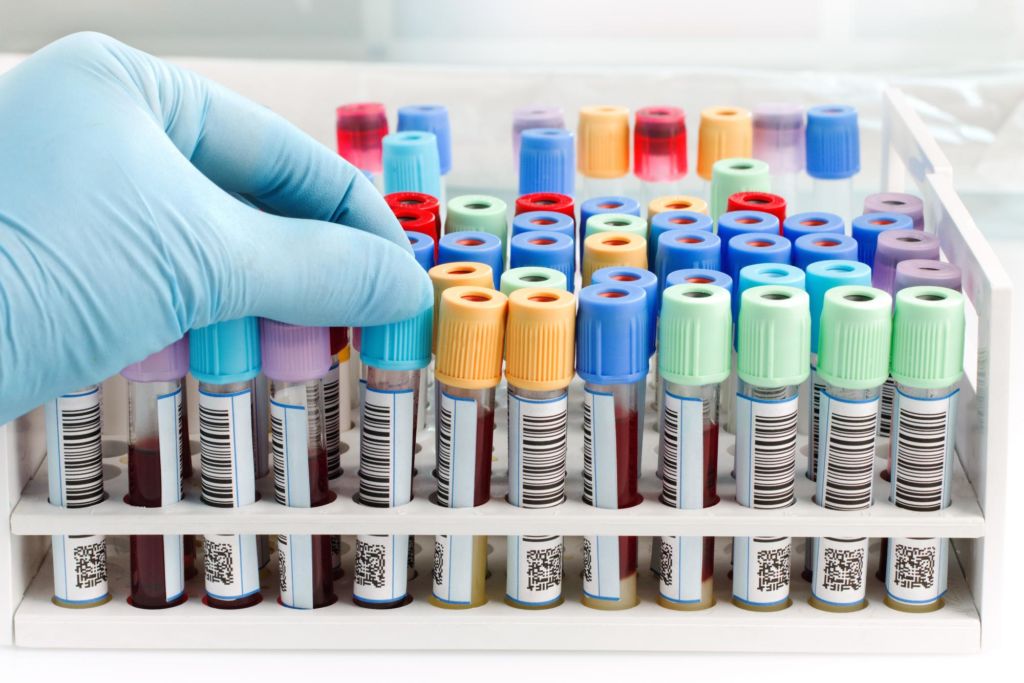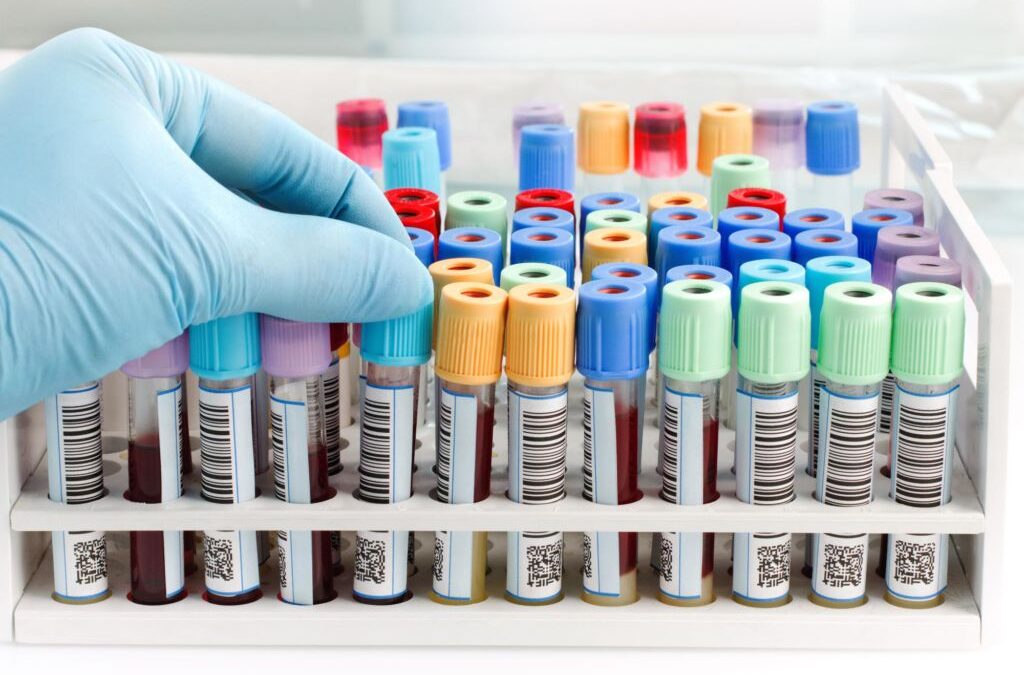
What are PFAS?
PFAS (perfluoroalkyl and polyfluoroalkyl substances) are synthetic chemicals that do not occur naturally in the environment. PFOS and PFOA are two of the most studied PFAS. Both PFOS and PFOA can be found in blood, and at much lower levels in urine, breast milk and in umbilical cord blood.[1] PFAS can remain in the human body for up to nine years, depending on the compound.
Is there a medical test to determine whether a person has been exposed to PFOS and PFOA?
PFOS and PFOA as well as other PFAS can be measured in blood. At present, it is not clear what detection of these chemicals in blood at any level means for a person’s health. Also, the levels found in blood do not predict what health effects might occur.[2]
Health effects linked to some PFAS include:
- Decreased chance of a woman getting pregnant
- Increased chance of high blood pressure in pregnant women
- Increased chance of thyroid disease
- Changed immune response
- Increased cholesterol levels
- Increased chance of cancer, especially kidney and testicular cancers[3]
What are potential health effects from prenatal PFAS exposure to fetuses?
Multiple studies have reported an association between elevated maternal blood and cord blood concentrations of PFAS (primarily PFOS and PFOA) and decreased birth weight. At this time, additional studies are needed to conclusively link the relationships between fetal PFAS exposure and health effects in baby.[4]
What are PFAS levels in the U.S. population?
Most people in the United States and in other industrialized countries have measurable amounts of PFAS in their blood. In 2015–2016, National Health and Nutrition Examination Survey measured the concentration of PFAS in the blood of a representative sample of the U.S. population aged 12 years and older.[5] The median blood levels found were as follows:
PFOA: 2 ng/mL*, with 95% of people at or below 4 ng/mL
PFHxS: 1 ng/mL, with 95% of people at or below 5 ng/mL
PFNA: 1 ng/mL, with 95% of people at or below 2 ng/mL
PFOS: 5 ng/mL, with 95% of people at or below 18 ng/mL
*ng/mL = nanograms per milliliter = parts per billion. To convert parts per billion (ppb) to parts per trillion (ppt), multiply value by 1,000.
Should I have my blood tested for PFAS?
PFAS blood test results can only tell you the amount of PFAS in your blood at the time of the test. The test will not tell you if PFAS has affected your health or if it will in the future.[6] However, individuals who have been exposed to high amounts of PFAS may want or need to know the amount of PFAS in blood.
Knowing PFAS blood levels helps to establish baseline exposure levels and raise awareness so people may be proactive in reducing their exposure. PFAS blood test results can empower individuals and communities in their advocacy for more action from their government and in securing community health studies.[7] Baseline testing could also lead to more definitive answers to health questions in the future.
Currently, there is no established treatment for PFAS exposure. Blood levels will decrease over time when exposure to PFAS is reduced.
For physicians: CPT code is 83921, Reference Lab is ARUP, and Reference Lab Order Code is 34275SP.
Download/print this fact sheet as .pdf:
Fact Sheet Medical Testing PFAS Community Campaign FINAL 28 April 2020
Published by the PFAS Community Campaign
www.CSWAB.org – April 28, 2020
[1] https://www.healthvermont.gov/sites/default/files/documents/2017/01/RESP_ATSDR_PFAS_clinician_fact_sheet.pdf
[2] https://www.health.pa.gov/topics/Documents/Environmental%20Health/PFAS%20Fact%20Sheet.pdf
[3] https://www.michigan.gov/documents/pfasresponse/2019-4-23_PFAS_Exposure_and_Your_Health_-_APPROVED_WEB_653460_7.pdf
[4] https://www.healthvermont.gov/sites/default/files/documents/2017/01/RESP_ATSDR_PFAS_clinician_fact_sheet.pdf
[5] https://www.epa.gov/sites/production/files/2019-07/documents/ace3_perflurochemicals_updates_11_july_2019.pdf
[6] https://www.michigan.gov/documents/pfasresponse/2019-4-23_PFAS_Exposure_and_Your_Health_-_APPROVED_WEB_653460_7.pdf
[7] https://www.nrdc.org/experts/anna-reade/pfas-blood-tests-needed-denied

